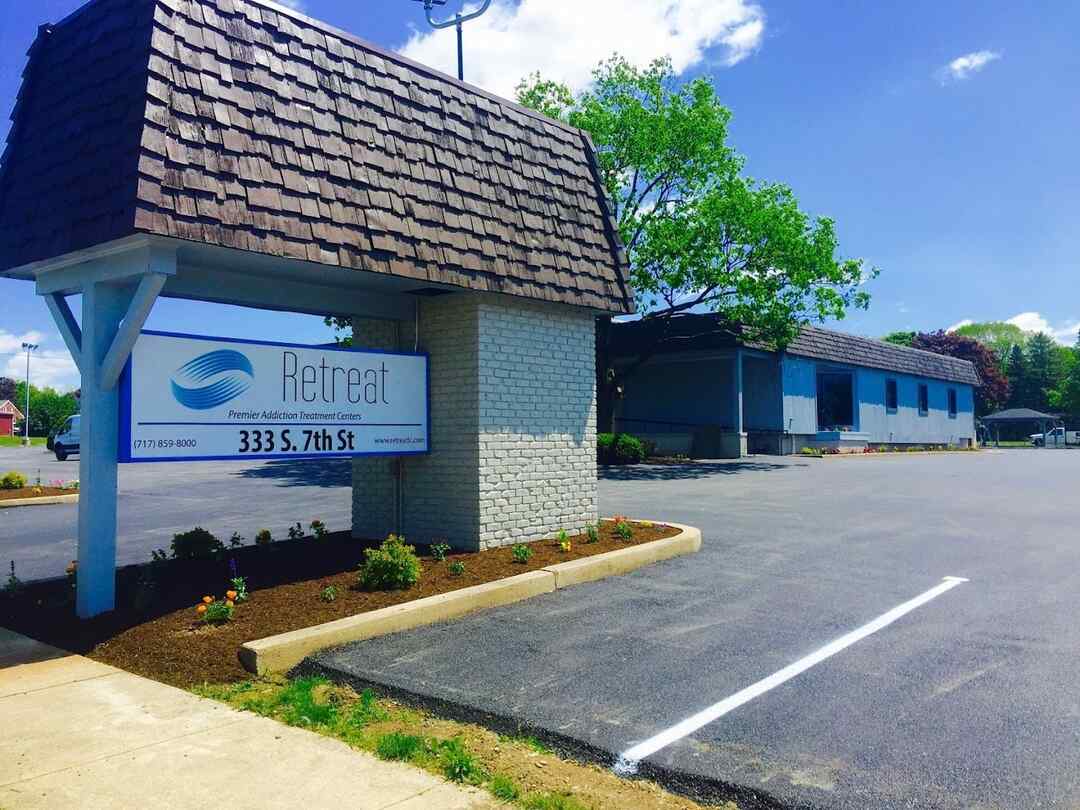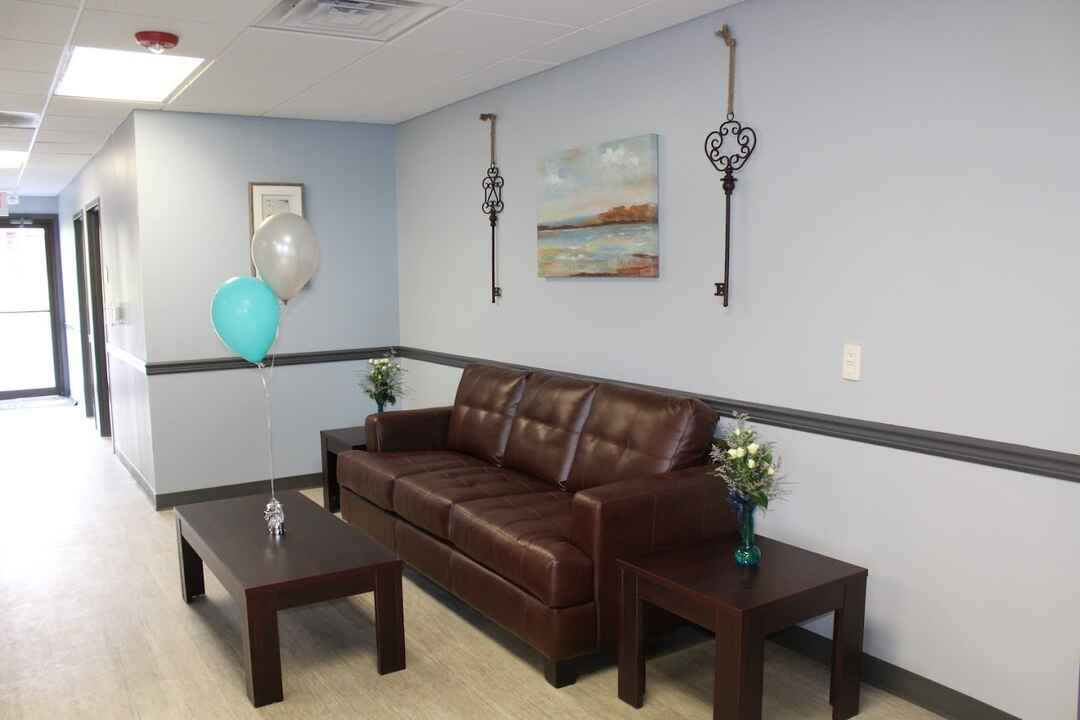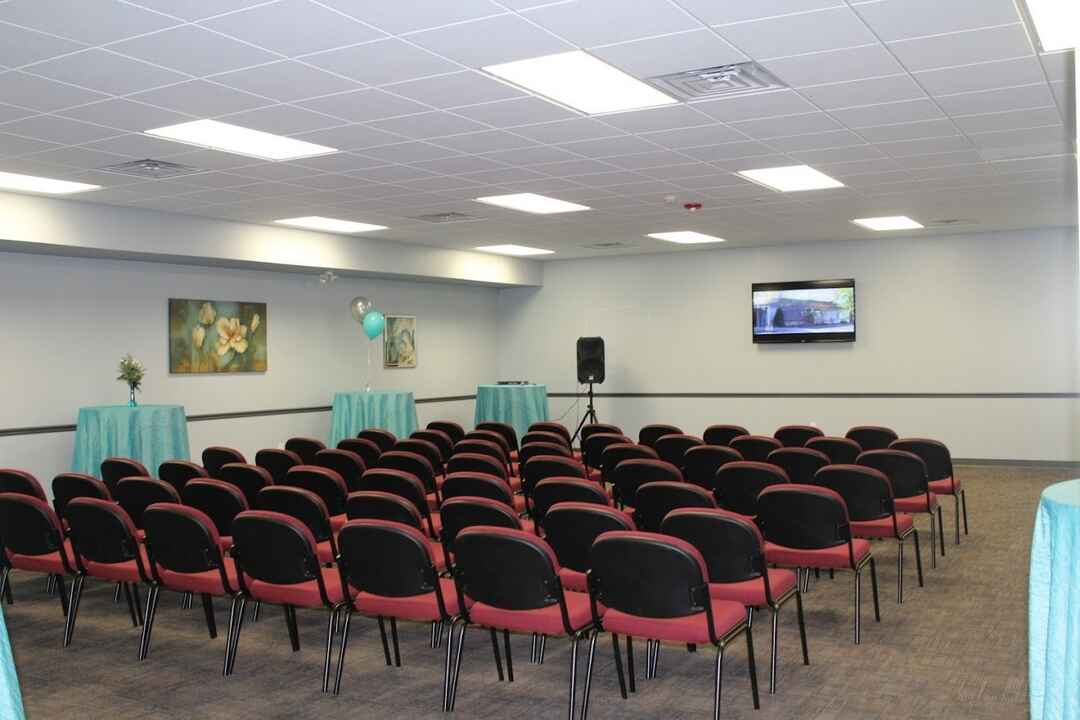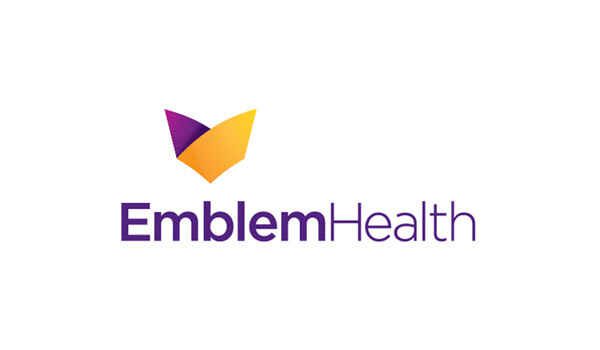About Retreat at Lancaster County – Outpatient – Akron
Retreat Behavioral Health – Lancaster County specializes in mental health and substance use disorder rehabilitation for patients who need a flexible treatment model that provides comprehensive counseling and clinical services in Ephrata, Pennsylvania.
Retreat Behavioral Health – Lancaster County offers inpatient, partial hospitalization, intensive outpatient, and generalized outpatient programming.
The Inpatient Treatment Program at Retreat Behavioral Health – Lancaster County is for individuals who need to have access to 24 hour supervision during the initial phases of their recovery. As their physical and mental health stabilizes, they will begin to participate in therapeutic treatments that are designed to treat addiction. Medication management, individual treatment planning, holistic therapy, family engagement, and mental health services are provided by Retreat Behavioral Health.
Partial Hospitalization is a day treatment program that is highly structured yet allows for the flexibility of returning home in the evening. This program requires that there is no immediate danger that would require inpatient hospitalization. It incorporates clinical treatment practices for addiction, such as medications, individual and group therapy, and trauma-related counseling. Evidence based approaches such as Cognitive Behavioral Therapy, Dialectical Behavioral Therapy, and Motivational Interviewing are incorporated into the treatment process.
Intensive Outpatient is a step down from partial hospitalization and is for those who have made enough progress to decrease their hours in treatment each week. Counseling groups are held every day, with additional free specialty groups held at specific times throughout the week to cater to a wide variety of topics. Psychotherapy and psychiatry sessions are also provided.
Outpatient treatment is a step down from intensive outpatient based on the reduction of hours spent each week in treatment. Many of the same options for therapy, group therapy, and treatment groups remain intact, while more time is spent on the personal commitments of normal living such as work, home life, and recreational activities.

















